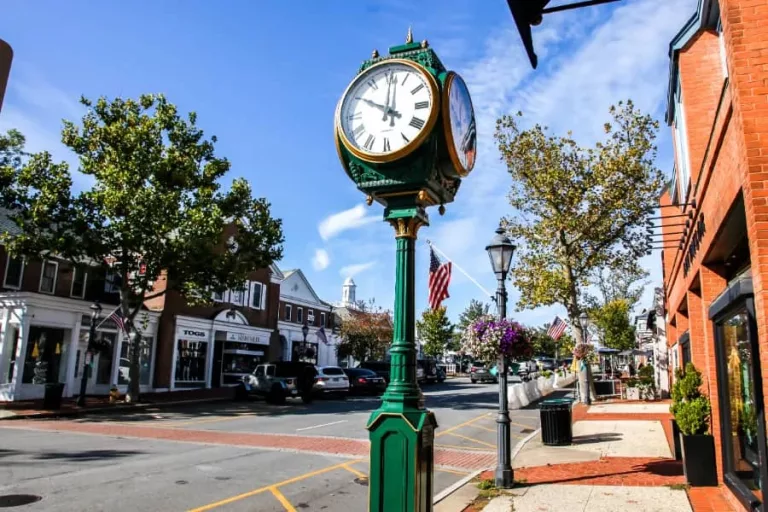A fond memory of growing up in New Canaan was biking to South School with a motley crew of friends from the neighborhood. A few years later, we crossed the street to Saxe Middle School, where I built a rudimentary water filter for a science fair and tried to taste-test dirty water to judge its effectiveness. It wasn’t until I took a science research class at NCHS that I began to discover a deeper love of research. Thanks to the class, I spent two summers commuting to a lab at Albert Einstein College of Medicine in the Bronx to study malaria under a microscope. During my senior year, I was overjoyed when I was accepted to Harvard College with dreams of becoming a physician-scientist.
Fast forward 10 years. In a few days, I will graduate from the MD-PhD program at Stanford Medical School, where my training was funded by a T-32 grant from the National Institutes of Health (NIH). During my PhD, I deciphered molecular workings of the immune system, in order to develop new treatments for cancer and autoimmune disease. When a childhood friend was diagnosed with myasthenia gravis, an autoimmune disease that causes muscle weakness, I became particularly interested in autoimmune diseases, many of which are poorly understood and have limited treatment options. By the end of my PhD, I co-invented a new type of immune therapy with potential applications in several diseases including cancer, rheumatoid arthritis, and psoriasis.
The goal of MD-PhD programs across the country is to train physician-scientists, who seek to bridge the gap between medicine and science to address unanswered medical needs. Most of these trainees are dependent on grants awarded by the NIH. NIH funded research has led to breakthroughs in cancer therapy, autoimmune disease, and obesity; 99.4% of new drug approvals in the last decade were dependent on NIH funds. A strong history of federal research funding has allowed U.S. scientists to study rare diseases, undertake high risk projects, and excel in scientific and pharmaceutical innovation.
Although I should feel proud to complete my MD and PhD after years of studying and late nights in the lab, I see a bleak future ahead for aspiring physician-scientists like me. In the last 6 months, I have witnessed peers who applied for NIH F-30 and F-31 grants, which are awarded to the most promising predoctoral researchers, receive notifications of grant termination. PhD programs at Stanford and other institutions nationwide have been forced to shrink their class sizes due to uncertainty around funding. Over 1,300 NIH grants have been canceled and 1,000 have been delayed nationally. A recent budget proposal calls for cutting the NIH budget by $18 billion, a whopping 40% of its total budget. At Harvard, over $2.2 billion in funding has been frozen, and nearly all direct federal grants to Harvard T.H. Chan School of Public Health have been canceled.
These cuts to federal research funding threaten to dramatically shrink the scope and scale of medical research in the United States. Perhaps more devastatingly, these funding cuts may deter a generation of young scientists from entering research altogether. This will have long-term effects on biomedical innovation. Fewer medical mysteries will be solved for American patients.
Federal research funding touches every individual who will one day be sick and step foot into a hospital. It impacts Alzheimer’s research that could help seniors at Waveny Care Center remember their loved ones, and it enables ongoing cancer clinical trials that give patients a chance of a cure. If the importance of science moves you, I urge you to call upon your representatives to restore federal research funding to the NIH, NSF, and academic institutions. I ask you to discuss the importance of science research with your communities.
I hope that New Canaan will continue to provide top-tier science education to its students. When I think back on being a young girl growing up in New Canaan, I feel grateful that I was encouraged to pursue the unknown corners of science and medicine. In my career as a physician-scientist, I will strive to do work that serves the public and is worthy of public funding.
When it comes to the next generation of children growing up in classrooms like New Canaan’s, I hope that some will still feel encouraged and motivated to enter science. We will surely need them to answer tomorrow’s scientific and medical mysteries.
–
Gita Abhiraman is an M.D.-Ph.D. candidate at Stanford Medical School. She graduated from New Canaan High School in 2014 and received her B.A. from Harvard College in 2018.
The views expressed in this column are those of Gita Abhiraman and not on behalf of her institution.



